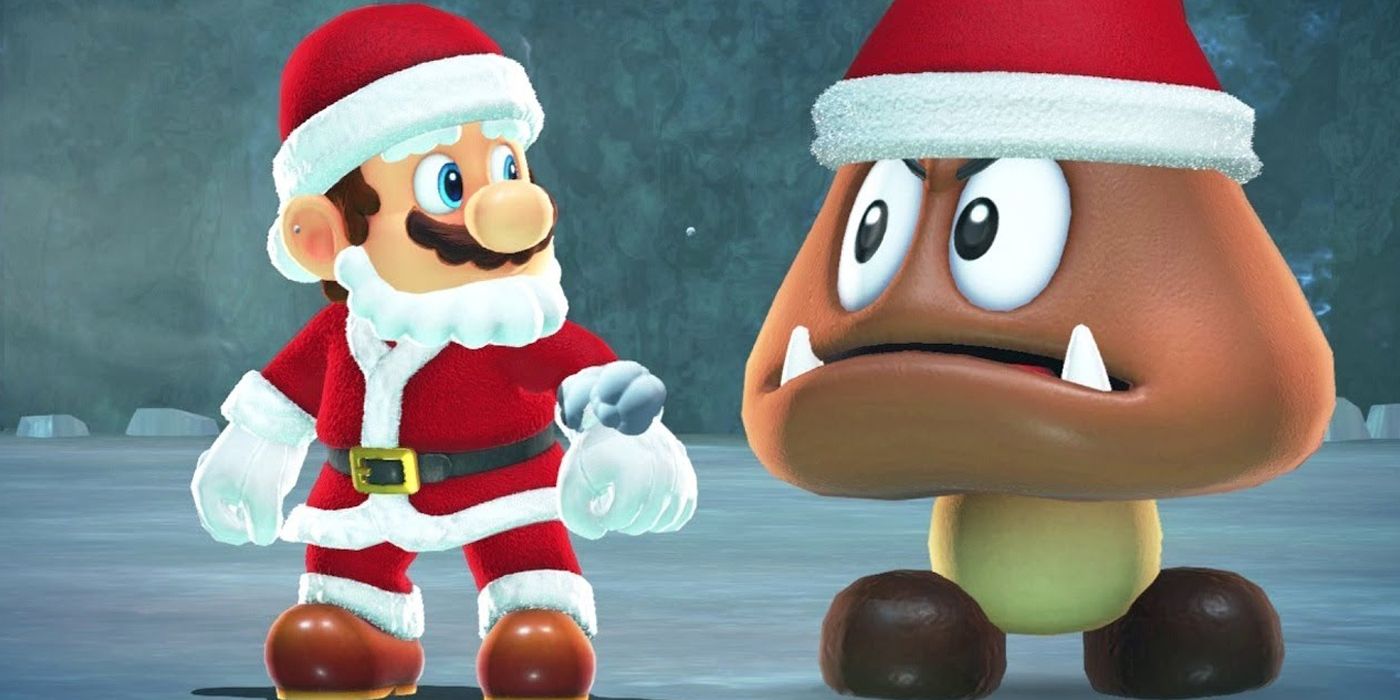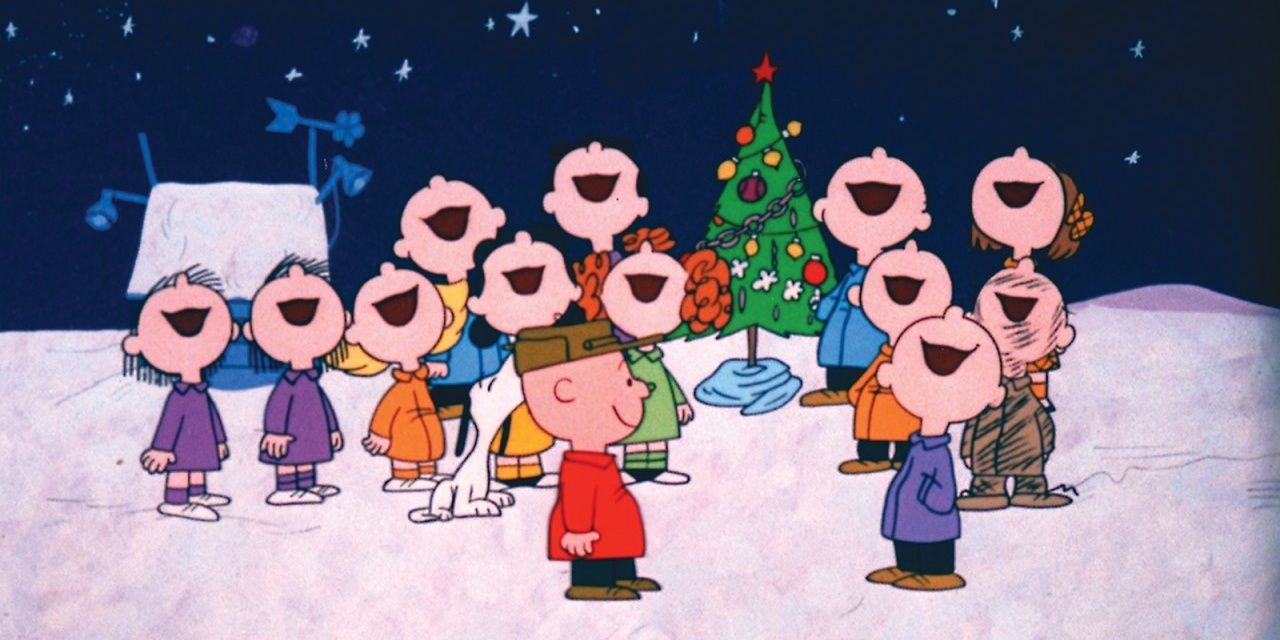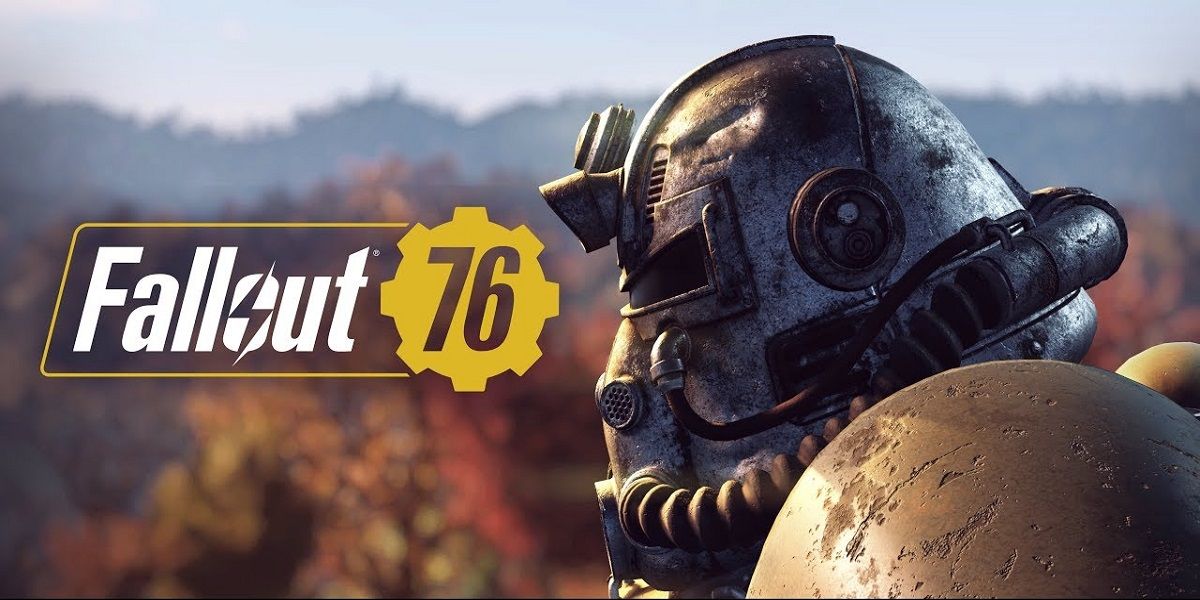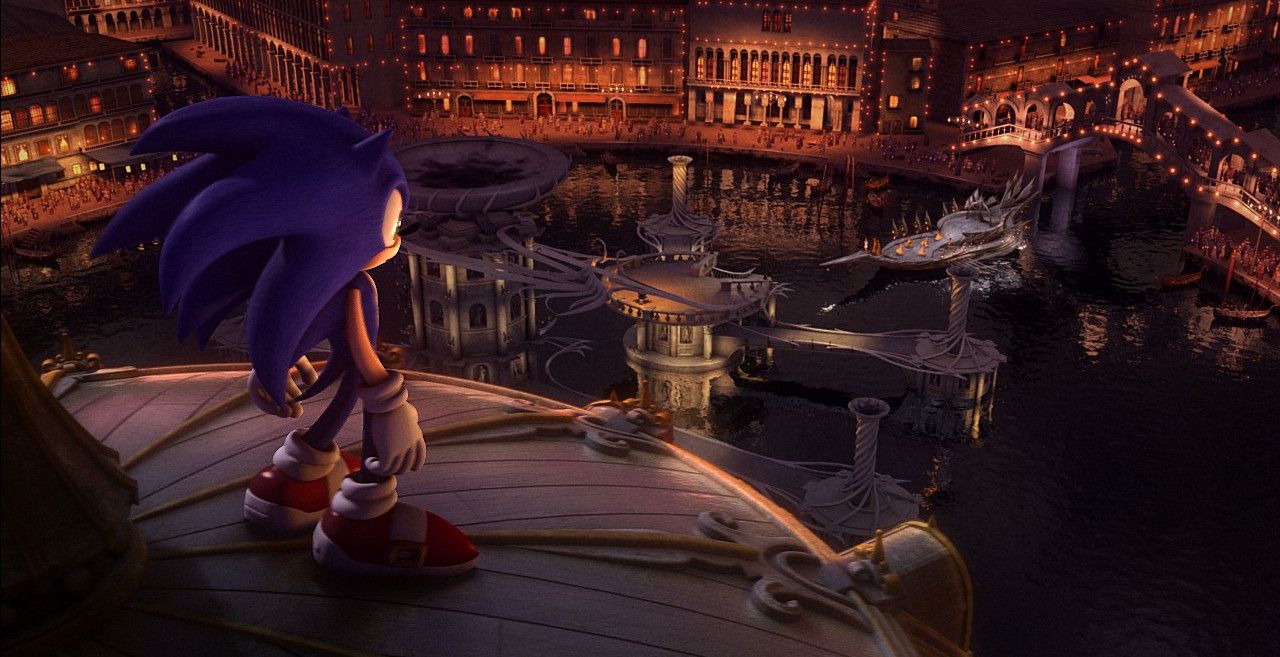The holiday seasons would seem an ideal time for new games to be released. Holiday gift shopping hikes up sales and many families buy expensive material for their kids—it seems perfect for toy and games makers. But over the last few years, the period has waned in popularity, with massive games launching year-round.
Up until even just a few years ago, tons of games and toy companies pushed to launch their largest yearly product around Christmas and Black Friday to capitalize on parents trying to buy their children's love with the newest console gem. With this in mind, it seems strange that November 15th really marked the end of major game releases for 2019. With Pokemon Sword and Shield and Star Wars Jedi: Fallen Order already out, the holiday season seems a little barren of new releases. In fact, holidays have become a quieter and quieter time for video games, which begs the question: where are all the holiday games?
The Changing Holiday Market
Let's start with the broad trends in entertainment before moving onto the specific ones. In a broad sense, it isn't just video games that are changing: everything is.
In the 80s and 90s, holiday shopping became far more mainstream. With toys like Tickle-Me-Elmo causing riots in the stores, every new item became huge. Remember Furbies? Or the Wii? Or the Arnold Schwarzenegger vehicle Jingle All the Way, an entire movie about this phenomenon? In response, Black Friday sales became a bigger deal, with every store offering that must-buy product parents "needed" to get for thier kids. Things became wilder and wilder, with actual people dying under the feet of stampeding customers, all to buy a toy.
However, as time went on, these sales started earlier. The madness began to spread earlier into the year, with Cyber Monday sales and "early morning" Black Friday sales that extended into Thanksgiving and then even earlier. The pre-Holiday fever started to stretch even into October in some cases, which had began to dilute the power of the shopping season.
But what ultimately killed the trend Tickle-Me-Elmo started is ultimately this: as the market became more complex and multi-faceted, it became impossible to hype one new thing. With cable television and in-store retail, a craze could once be triggered based on selective advertising. But now, things are fractured. Buy in stores or buy online? Stream media without ads or watch cable? There is no one way we interpret the world, and, it's harder to start a cultural obsession like once was so common, especially focused into the holiday season.
It Isn't Necessary to Release a Game for the Holidays
Many games fall into one of two categories: unknowns and mainstream names. When a new game drops without any name recognition, it would be unwise to drop that game in the middle of the holiday rush. It's going to be obscured in the pandemonium of the season. Undertale, arguably one of the most successful indie games in recent memory, came out in September of 2015 -- long before the holiday rush. It found its audience in that quiet period of time, following the release of Metal Gear Solid V and Super Mario Maker.
On the other hand, a big game's release is a big deal in and of itself. Huge Triple-A titles will garner press like a blockbuster film don't need the holidays to ride on. They will be able to sell product based on name recognition alone.
Sony's God of War launched in April of last year and was a smash success, selling more than 10 million units. Next year, Crystal Dynamics' highly anticipated Avengers game comes out in May. If these blockbuster games had released just 10 years ago, they would've probably looked to capitalize on Holiday sales, but instead the entire market has shifted.
Just November 2008 saw the release of Animal Crossing: City Folk, Mirror's Edge, Call of Duty: World at War, Gears of War 2, Left 4 Dead, and Mortal Kombat vs. DC Universe. Ten years later, and the competition looks painfully anemic by comparison.
The biggest game of December 2018 was Super Smash Bros. Ultimate. Other titles that month included a PS4 and XBox One port release of Subnautica, as well as Just Cause 4. In November 2018, we saw Spyro: Reignited Trilogy compete with Fallout '76—a polished port of three classic games competing against one of the biggest botched releases in modern gaming memory.
This leads, of course, to the other big problem: video game developers might not be able to scramble for a holiday release as often anymore.
Developers Can't Afford to Rush a Game to a Holiday Release
Video games, in particular, require a great deal of time to develop. Inevitably, many projects run into unforeseen problems, which requires them to adjust their schedules in order to release a quality product. If a game is rushed, players can really, really tell.
There are a multitude of games that suffered from rushed release dates. The most memorable failure of this kind is 2006's reboot of Sonic the Hedgehog. Sonic Team and SEGA divided Sonic '06's development team between the PS3/XBox 360 project and the Wii-exclusive Sonic and the Secret Rings. Rather than devote ample enough time to the game, SEGA wanted Sonic '06 to come out in time for the holiday season.
While neither game received a warm critical reception, Sonic '06 is notoriously terrible. The game came with tons of glitches and bugs, slow load-times, under- or over-responsive controls and a half-baked concept that left fans horrendously disappointed.
Years later, SEGA repeated its mistake with Sonic Boom: The Rise of Lyric. This game's production was also rushed to make it out in time for the holiday release window. Even worse, the game had a very rocky development cycle with several ideas and mechanics being tossed out late into production due to executive meddling. As a result, Sonic Boom arrived on game shelves, somehow, in an even worse condition than Sonic '06.
Once, the staple of holiday video games was the Assassin's Creed series. It used to have a game released every fourth quarter, a strategy abandoned when the massive, bloated experiences failed to impress. Specifically, Assassin's Creed III was loaded with horrendous glitches that required massive patches to fix. But when they looked around and took stock of the industry, Ubisoft saw that this yearly holiday release window wasn't really the style anymore. Emblematic of the larger trends, the series is no longer the reliably annual holiday entry, missing some years entirely.
For huge fans of the series, it may come as a disappointment, but look around—from indie games to AAA blockbuster, games have never been better. Yeah, there's no more end-of-year congestion, but now there are 12 months of great games, who's going to complain about that?




